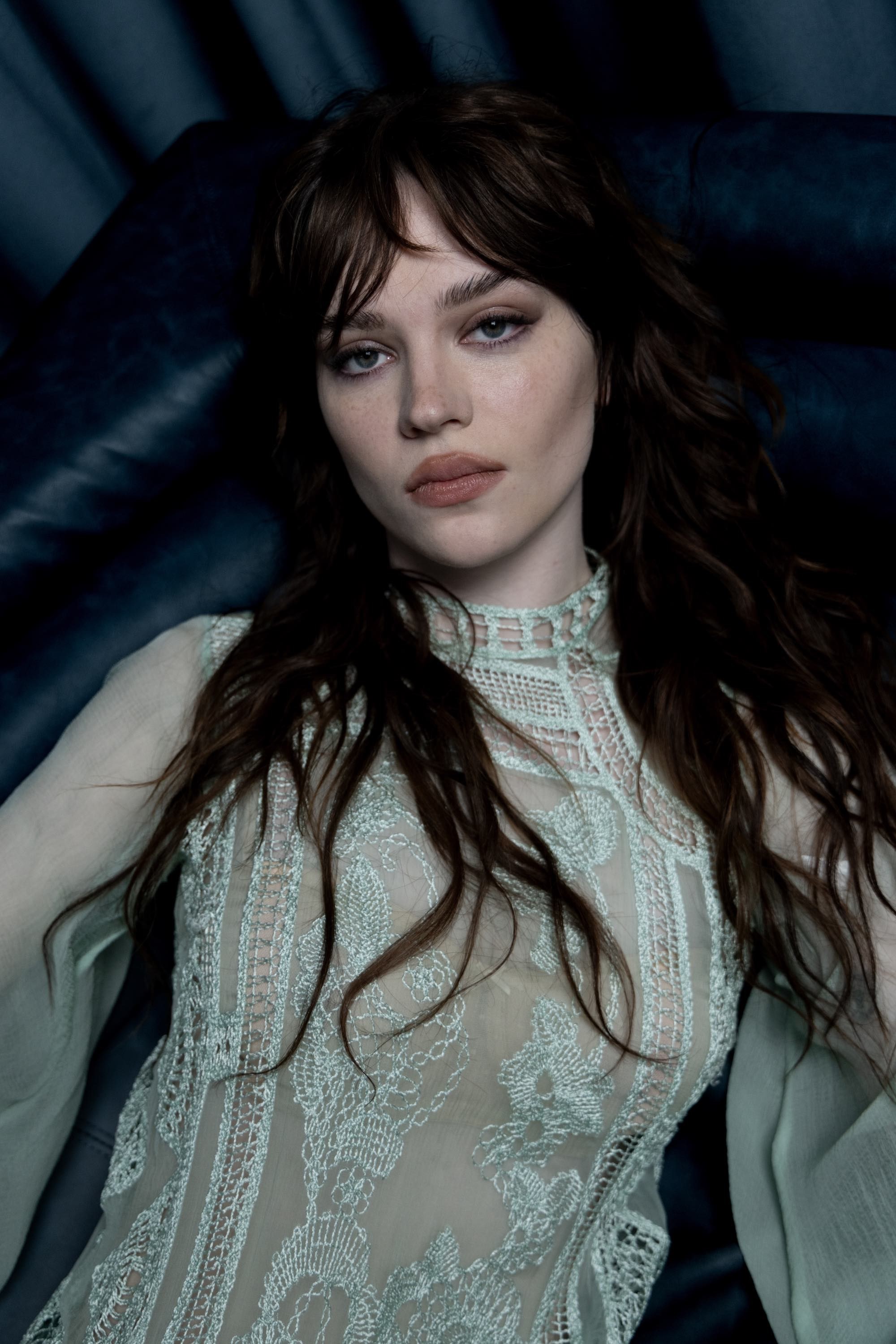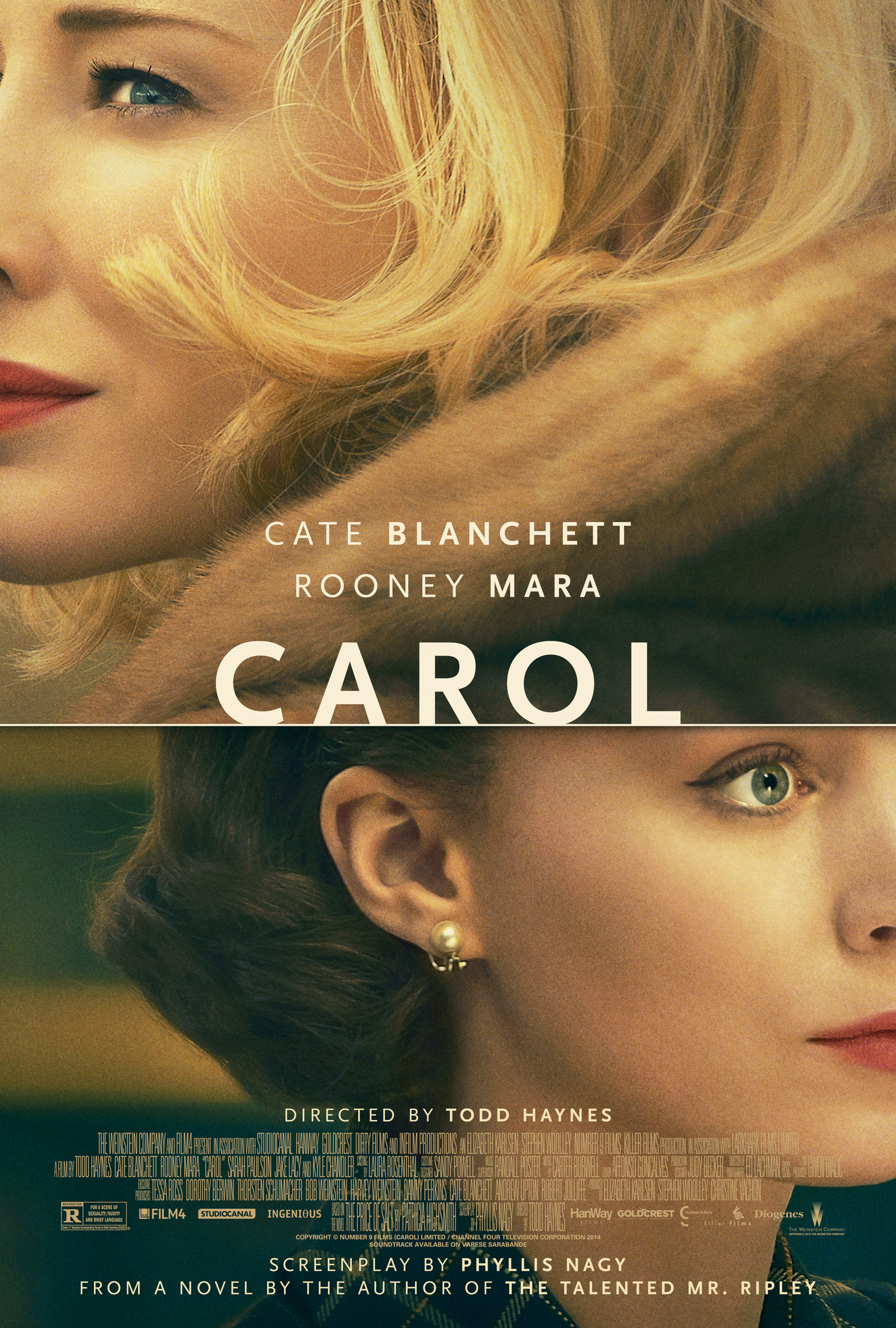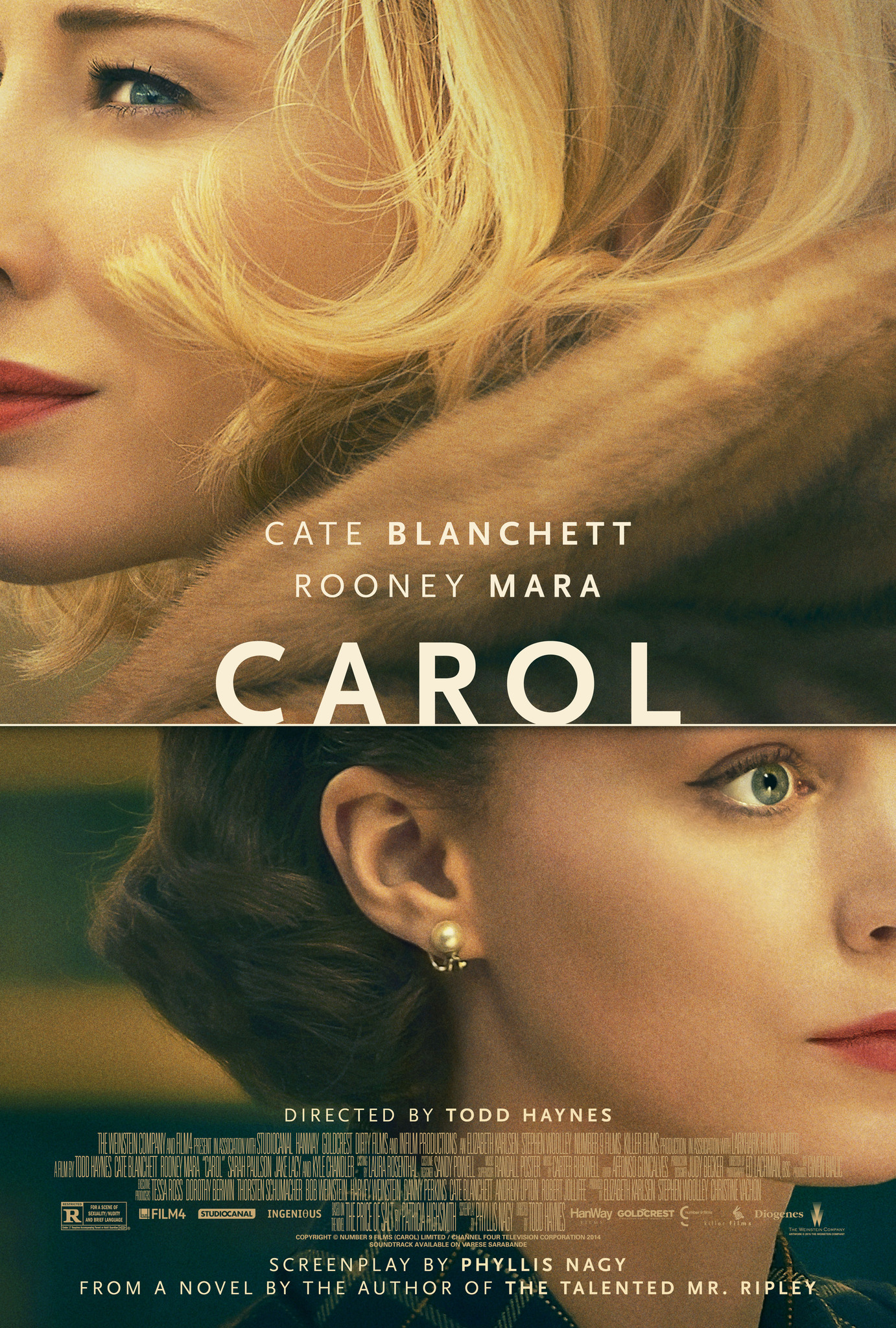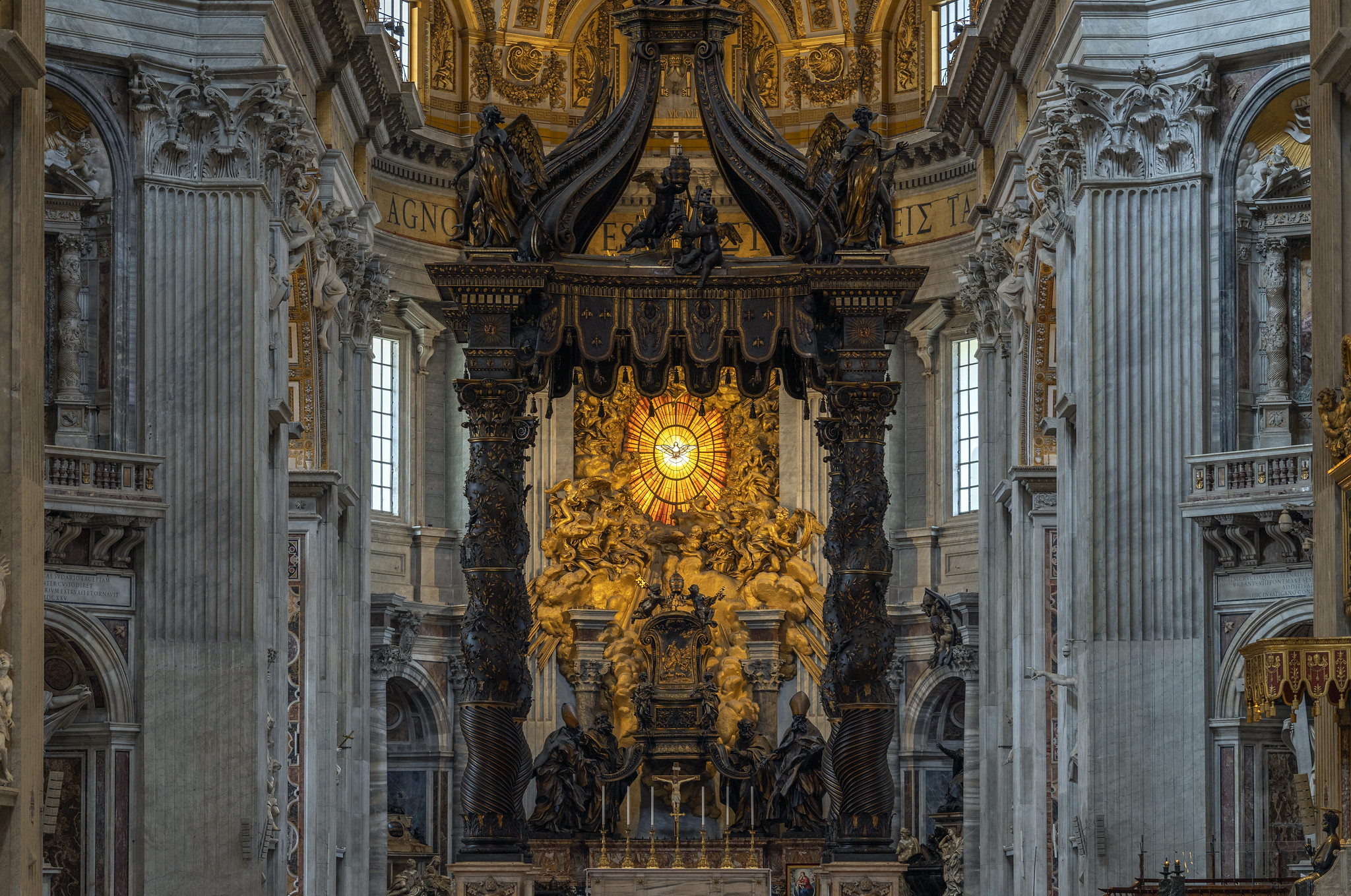rossetti and a doll's house
1/176
There's no tags or description
Looks like no tags are added yet.
Name | Mastery | Learn | Test | Matching | Spaced |
|---|
No study sessions yet.
177 Terms
NORA: I know nothing but what Pastor Hansen told me when I was confirmed.
I know nothing but what Pastor Hansen told me when I was confirmed.
'Ibsen is critically dissecting modern life and all its problems'
Sally Ledger
'Ibsen makes Helmer grotesque and thus reduces the tragic quality of the ending'
Ronald Gray
'Christine Linde acts as a catalyst for Nora's rebellion'
Sally Ledger
'Part of Nora desires to comply to patriarchal social arrangements'
Sally Ledger
'Convention caged her within a child's toy structure'
Kate Millet on Nora

'Nora's actions are a way of reinforcing an individual's right - regardless of gender - to protect themselves'
Shannon Cron

'Torvald is as much a victim as Nora'
David Thomas

'Nora puts love before legality'
Sophie Duncan

'Christine is used by Ibsen as a foil to Nora'
Carol Tufts

'Self-centred like a child on her own perplexities'
Lucas on Nora
her inescapable duty, to leave this gentleman, this husband, who slowly sacrifices her on the altar of his egotism
Newspaper for Social Democrats 1879

'Nora's helplessness feeds Torvald's grandiose sense of self-importance, providing him with the constant attention and admiration his narcissism requires'
Carol Tufts

'Torvald fails to live up to Nora's image of him'
Baruch

'Ibsen's entire canon continues the nineteenth century Romantic tradition which argues for the supremacy of the individual over any kind of repressive social convention'
Roslyn Belkin
The Tarantella:
Derived from tarantula - > bite of this spider was thought to cause dance-like convulsions
only cure was to continue dancing until you sweated out the poison, accomplished by dancing to the tarantella.
Hysteria
derived from greek word ‘uterus’ , caused by uterus being dislodged -> extreme emotions
Symptoms: nervousness, insomnia, irritability, a tendency to cause trouble
Women at risk
Solution: confinement in an asylum, the rest cure other treatments administered by doctors
Raisonneur
A person in a play/book embodying an author’s viewpoint. A character in a play, novel who voices a central theme/philosophy, point of view of the work
Humanism -
philosophical stance that emphasises the individual and social potential and agency of human beings. Considers human beings as the starting point for serious moral and philosophical inquiry.
Stock villains
Commit evil for the sake of evil
Make unexpected entrances
Like to leave a scene with a memorable line
Show no emotional depth, unable to consider the impact of their actions
Revel in the misery they cause
Set up opposite a heroic figure who acts as their foil and brings about their comeuppance
Money lender/blackmailer
Immoral figure, used as a symbol for moral corruption
Critique of capitalism
contemporary fears of the potential for social disgrace, renewal of widespread religious faith, social taboos judged harder than the previous century
Fear of financial ruin/destitution
literary tradition of associating money lending with corruption/exploitation
The woman question
Phrase used in connection with a social change in the late nineteenth century which questioned fundamental roles of women
Issues of women’s suffrage, reproductive rights, legal rights etc -> cultural discussions in newspapers and intellectual circles
The New woman
Feminist ideal emerged in the late 19th century,
Involved physical changes in activity and dress, activities such as bicycling, pushed limits set by a male dominated society
Engaging more in male dominated spheres, economics, business, politics etc, increasing presence
Well made play (19th century theatre)
interlinked dramatic sections of the plot with a resolution that leads into the next situation until all strands of the plot are resolved
Set in the world of upper middle class, stock characters easily recognisable
incident has taken place before the drama -> intrigue
some characters in the play don’t know
Other classic plot devices
Naturalism
movement in European drama and theatre that developed in the late 19th and early 20th centuries.
an illusion of reality - dramatic and theatrical strategies.more extreme version of Realism
reaction against the melodramatic theatre style popular at the time
frank discussion of subjects that would have been considered taboo in Victorian society
There is something indescribably unnatural in this,
Erik vullum 1879
laura kieler
borrowed money to finance a trip to improve her husband’s health
When the loan came due she was unable to repay it . she forged a cheque, was caught and rejected by her husband who sought to gain custody of their children and have his wife committed to an asylum
After her release, she pleaded with her husband to take her back and he did
my little squirrell"(torvald to Nora)
my little squirrell
"Has my little spendthrift been wasting money again?" (torvald to Nora)
"Has my little spendthrift been wasting money again?"
"You are going to have a big salary and have lots and lots of money"
"You are going to have a big salary and have lots and lots of money"
"Is a wife not to be allowed to save her husband's life? I don't know much about law, but I am certain that there must be laws permitting such things as that" (Nora being surprised that women cannot borrow money)
"Is a wife not to be allowed to save her husband's life? I don't know much about law, but I am certain that there must be laws permitting such things as that"
"it was a tremendous pleasure to sit there working and earning money. It was like being a man"
"it was a tremendous pleasure to sit there working and earning money. It was like being a man"
"how painful and humiliating it would be for Torvald, with his manly independence, to know that he owed me anything!" (Nora's explanation on why she does not tell Torvald )
"how painful and humiliating it would be for Torvald, with his manly independence, to know that he owed me anything!"
"an atmosphere of lies infects and poisons the whole life of a home"
"an atmosphere of lies infects and poisons the whole life of a home"
"I have been your doll wife, just as at home I was Papa's doll child"
"I have been your doll wife, just as at home I was Papa's doll child"
"sacred duties...to your husband and your children" (torvald to Nora, women’s duties)
"sacred duties...to your husband and your children"
"I believe that before all else I am a reasonable human being just as you are - or, at all events, that I must try and become one" Nora
"I believe that before all else I am a reasonable human being just as you are - or, at all events, that I must try and become one" Nora
Helmer: But no man would sacrifice his honor for the one he loves.
Helmer: But no man would sacrifice his honor for the one he loves.
Rosetti suffers a nervous breakdown
1844
High Anglicans wanted to return to pre Reformation Church for worship, anti Pope
High Anglicans wanted to return to pre Reformation Church for worship, anti Pope
Echo met Narcissus and fell in love but was unable to tell him how she felt and was forced to watch him fall in love with himself
Echo met Narcissus and fell in love but was unable to tell him how she felt and was forced to watch him fall in love with himself
Rossetti's engagement to Collinson 1848, before he reverted to Catholicism ended 1850
Rossetti's engagement to Collinson, before he reverted to Catholicism
Rossetti's father was sick from and died due to illness in
1843, 1854
religious crisis in
1857
The Indian Rebellion, First War of Independence, was a series of uprisings by Indians living in areas controlled by the British East India Company. Following the rebellions, India officially became a colony of the British Empire
1857-8
Superintendent Skene and his wife took refuge in a tower which they defended until Skene shot his wife and committed suicide
Superintendent Skene and his wife took refuge in a tower which they defended until Skene shot his wife and committed suicide
A birthday draws on imagery used in old testament to allude to Soloman’s temple
traditionally symbolises a model of an individual's heart, where God communicates with the human soul. New Testament teaching that every Christian believer is understood as a temple in which the Holy Spirit can dwell
The image of the singing bird
often used in romantic poetry
Halycon bird
A mythical bird said by ancient writers to breed in a nest floating in the sea at the winter solstice, charming the wind and waves into calm
'Halcyon days'
associated with ideas of joy, prosperity and tranquillity
Traditional ballads
often used to make a moral statement, tell a popular story or to celebrate or attack certain institutions or people
Volunteer worker at St Mary Magdalene 'house of charity'-for former prostitutes, redemption of fallen women
1859-70
lilies symbol
love , purity, Virgin Mary, death, transience-Maude Clare's sexual freedom, symbol defies rigid categorisation of women
the inn symbol
Could be from John's gospel-'my father's house'-metaphor for heaven or the inn which Joseph and Mary sought to rest.
beds symbol
Could point to Rossetti's engagement with a doctrine spoken of as 'Soul Sleep'
soul sleep
Teaches that when Christians die, instead of going straight to heaven they experience a period of rest and sleep in preparation for the Second Coming of Jesus, where they will be taken up to heaven and rewarded with eternal life
Likely autobiographical and refers to her relationship with artist John Brett, John is often used to refer to a generic lover
No, thank you, John
Tractarians
wished to reinvigorate the church into the model of the Church in the first few centuries of Christianity following Christ's crucifixion and ascension
doctrine of reserve
-religious truth should be revealed only to the worthy, through the study of tracts which is an act of faith
Rossetti engaged in practices of the Oxford Movement, advocated for
anglican sisterhoods, 1840s, as occupation for single women and to assist the poor. widely criticised for encouraging a lifestyle that would eventually lead to the dissolution of the family in England
Suffered from Graves’ Disease
diagnosed in 1872, nearly fatal attack in the early 1870s
The pre-raphaelite brotherhood was a group of English painters, poets, and critics, by William Hunt, John Millais and Dante Gabriel Rossetti. The groups intention was to reform art by rejected the mechanistic approach adopted by the Mannerist artists.They wanted to return to abundant detail, intense colours, complex compositions of Quattrocento Italian and Flemish art
founded in 1848
Silent land
Silent land(remember)
Our future that you planned
Our future that you planned(remember)
Vestige of thoughts
Vestige of thoughts(remember)
Forget and smile
Forget and smile(remember)
'Sing no sad songs
'Sing no sad songs'(song)
'Shady cypress tree
'Shady cypress tree'(song)
'i shall not feel the rain
'i shall not feel the rain' (song)
'Dreaming through the twilight
'Dreaming through the twilight'(song)
'Come back in tears, memory, hope, love of finished years'
'Come back in tears, memory, hope, love of finished years'(echo)
'Thirstful longing eyes watch the slow door'
'Thirstful longing eyes watch the slow door'(echo)
'Pulse for pulse, breath for breath'
'Pulse for pulse, breath for breath'(echo)
'Iron bars'
'Iron bars'(shut out)
'My garden, mine'
'My garden, mine'(shut out)
'The spirit was silent'
'The spirit was silent'(shut out)
'left no loophole'
'left no loophole'(shut out)
'Blinded with tears'
'Blinded with tears'(shut out)
A hundred, a thousand to one
A hundred, a thousand to one(round tower at Jhansi)
swarming howling wretches
swarming howling wretches (round tower at Jhansi)
Young
Young(round tower at Jhansi)
Close the pistol to her brow
Close the pistol to her brow(round tower at Jhansi)
'It is not pain Thus to kiss and die
'It is not pain Thus to kiss and die(round tower at Jhansi)
'halcyon sea'
'halcyon sea'(a birthday)
'A dais of silk'
'A dais of silk '(a birthday)
my love
my love(a birthday)
'His bride was like a village maid Maude Clare was like a queen'
'His bride was like a village maid Maude Clare was like a queen'(maude clare)
'Had just your tale to tell'
'Had just your tale to tell'(maude clare)
'My half of the golden chain'
'My half of the golden chain'(maude clare)
'We waded ankle deep'
'We waded ankle deep'(maude clare)
'The lilies are budding now'
'The lilies are budding now'(maude clare)
'He faltered in his place
'He faltered in his place'(maude clare)
Wind up hill
Wind up hill'(up hill)
'Morn to night'
'Morn to night'(up hill)
'A roof for when the slow dark hours begin'
'A roof for when the slow dark hours begin'(up hill)
'Of labour you shall find the some
'Of labour you shall find the some'(up hill)
'Beds for all who come'
'Beds for all who come'(up hill)
'No fault of mine '
'No fault of mine '(no, thank you, John)
'Who can't perform that task'
'Who can't perform that task'(no, thank you, John)
'Don't call me false'
'Don't call me false'(no, thank you, John)